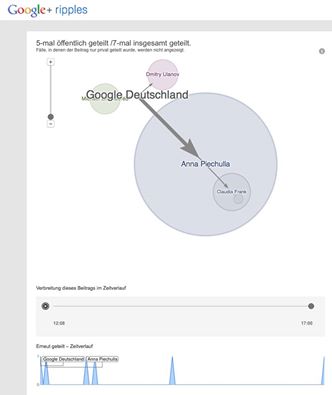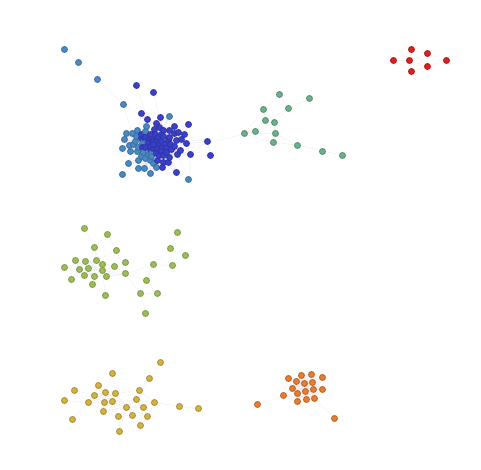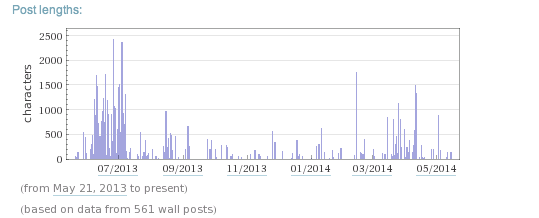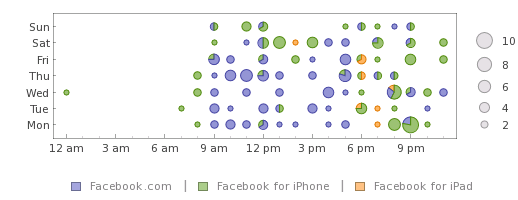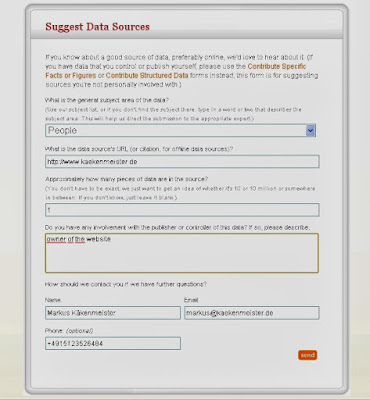
Leider gehöre ich nicht zu denen, die die neue Suchmaschine
wolframalpha.com vorab testen können, aber ich finde es gut und richtig, eine Alternative zu Google zu bekommen, von Yahoo oder MS Livesearch mal abgesehen. Im Mai 09 soll der Zugang ja offen sein, steht auf der Webseite. Ich hoffe, diesem Projekt ist mehr Glück beschieden als der Wikisearch.
Nachtrag: Inzwischen ist Wolframalpha ja live. Man merkt sehr deutlich, dass der Vater von Wolframalpha eben Mathematiker ist. Schön, wenn man mal die eine oder andere Maßzahl oder Währung in andere Einheiten umrechnen muss.
Wolframalpha ist nicht ideal bei Schlagwortsuchen, wenn man ausführliche Texte und weiterführfende Erklärungen erwartet. Dafür – und das kann vorteilhaft sein – kann man mit Vergleichen, grafischen Darstellungen und knappen Erklärungen rechnen. Beispiel: „democracy“ – hier liefert Wolframlpha die Definitionen des Begriffs in der Philosophie, der politischen Theorie und der Theorie politischer Systeme. Ich bekomme eine Liste verwandter Wörter, die Wortdichte in der gesprochenen und geschriebenen Sprache und Ausspracheregeln. Bei der Eingabe von „A/H5N1“ versucht Wolframalpha darin eine mathematische Formel zu sehen während Google mit der Grippe richtig liegt.
Sehr oft erhalte ich „WolframAlpha isn’t sure what to do with your input“, auch wenn ich beispielsweise „influenza A/H5N1“ tippe.
Wolframalpha will Antworten geben, nicht Treffer im Internet suchen. Die Eingabe „radius earth“ liefert sfort eine Antwort, liefert Vergleiche mit anderen Planetenradien. Google verweist auf eine Wikipediaseite. Der Ansatz von Wolframalpha funktioniert mit numerischen, vergleichbaren Daten sehr gut, weniger bis gar nicht bei theoretischen Begriffen wie „psychology“. Hier hilft diese Suchmaschine nicht weiter. Überhaupt bezeichnet sich Wolframalpha auch nicht als Suchmaschine, sondern als computational knowledge engine. Wolframalpha versucht zu berechnen, zu vergleichen.
